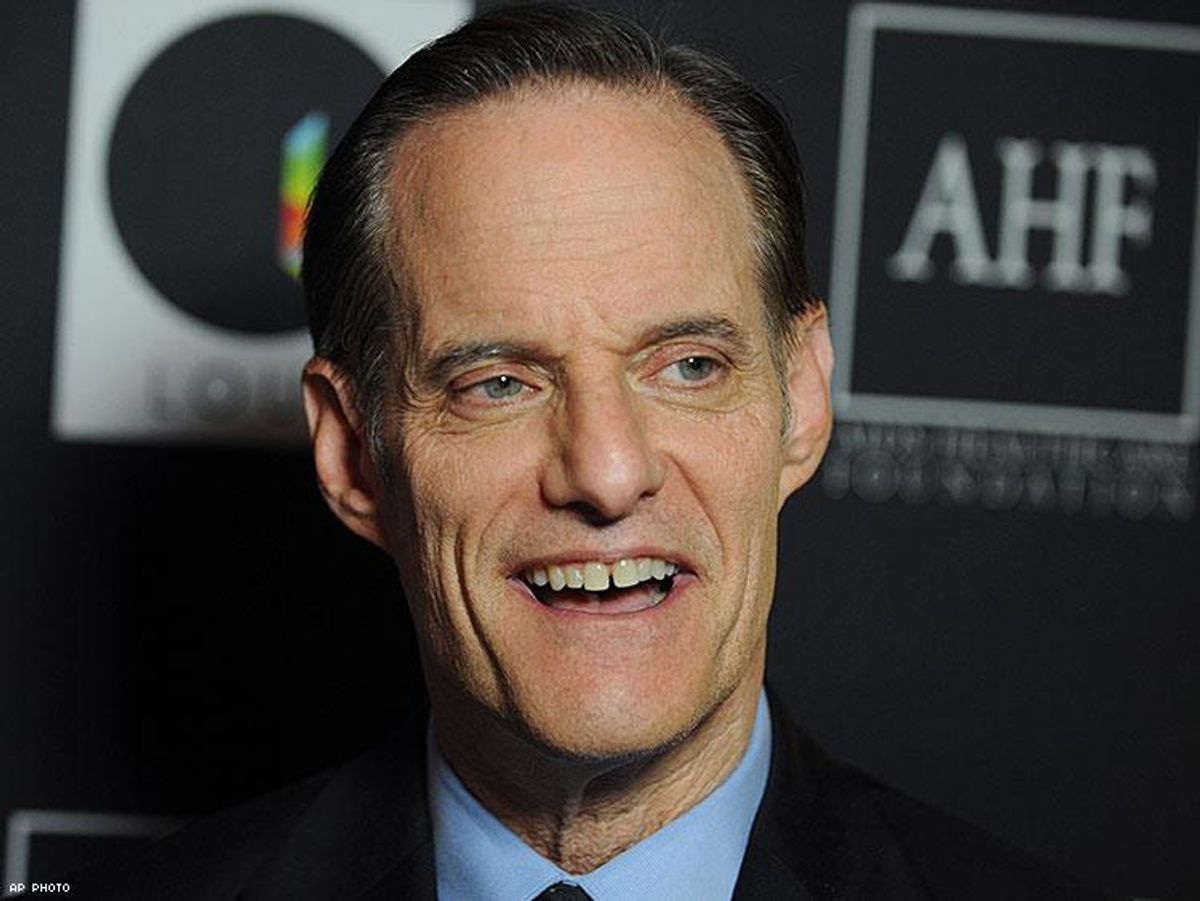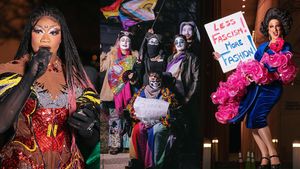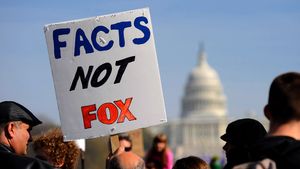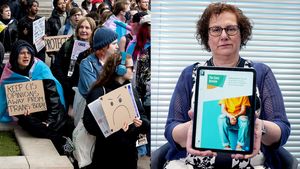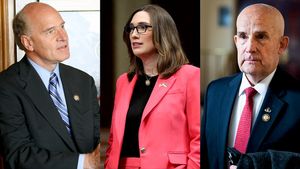With a budget that runs north of $1 billion, the Los Angeles-based AIDS Healthcare Foundation has long wielded enormous influence and power as the world's largest HIV services provider. But even AHF and its controversial director, Michael Weinstein, don't get everything they want — after they poured over $5 million into an L.A. ballot initiative that would have stymied high-rise buildings and affordable housing, voters rejected it Tuesday by a 2-1 ratio.
The AHF-funded Measure S would have stopped construction of buildings that require zoning changes in the city; developers in Los Angeles are allowed to build taller, bigger buildings if they include more affordable units or ample bicycle parking. Weinstein believes these new towers going up in neighborhoods like downtown L.A. and Hollywood are hastening gentrification and negatively affecting low-income people, which has been his explanation for using AHF funds on this issue. Those opposing the initiative said it would do exactly the opposite of what it intended — by stifling construction of new housing, Measure S would drive up rents in a city that already has some of the highest in the nation.
Critics have long questioned the motives of Weinstein and AHF, which has its headquarters on the 21st story of a Hollywood office tower. AHF has been a years-long legal battle with a developer who wants to build two luxury towers adjacent to AHF's offices — a lawyer for the towers' developer told the Los Angeles Times that Weinstein's reason for opposition was that his own view would be obscured by the skyscrapers.
In an interview with The Advocate last year, Weinstein didn't bring up his views of the Hollywood Hills but made it clear that he was bothered by the increasing traffic congestion in Hollywood. He also angrily asked why more housing couldn't be built in historically disadvantaged L.A. neighborhoods.
"Why isn't there development in South L.A.?" he said. "Why isn't there development in Boyle Heights? Why concentrate all this development in Hollywood? You have a [transit line] in the Valley and a [transit line] in South L.A."
It's because of statements like the one above that Weinstein is often called a deep-pocketed NIMBY ("not in my backyard") more concerned with his own commute and views than the plight of renters in Los Angeles — or people with HIV.
After spending millions on Measure S, Weinstein still claims it was a good investment. “This campaign will go down in the record books as one of the most successful campaigns that did not actually win the vote,” Weinstein told the L.A. Times, adding that he believes the city will enact new zoning measures in response to the Measure S campaign.
This isn't the first time AHF has sunk millions into ballot initiatives; it has actually lost three out of four of them. In 2012 the organization helped bankroll and pass a citywide ordinance mandating condom use in adult films; it's been mired in legal purgatory ever since. AHF attempted a statewide version last year, but it failed at the ballot box. AHF was also behind an expensive and unsuccessful initiative that would have required state agencies pay the same amount for prescription drugs that the Department of Veterans Affairs does. While all four initiatives had their detractors, the first three at least had something explicitly to do with HIV.
Weinstein's war against development "is not understandable," Dana Cuff, a professor of architecture/urban design and urban planning at the Luskin School of Public Affairs at the University of California, Los Angeles, told The Advocate last year. "I'd go further than that; it's actually a misuse of their funds."
